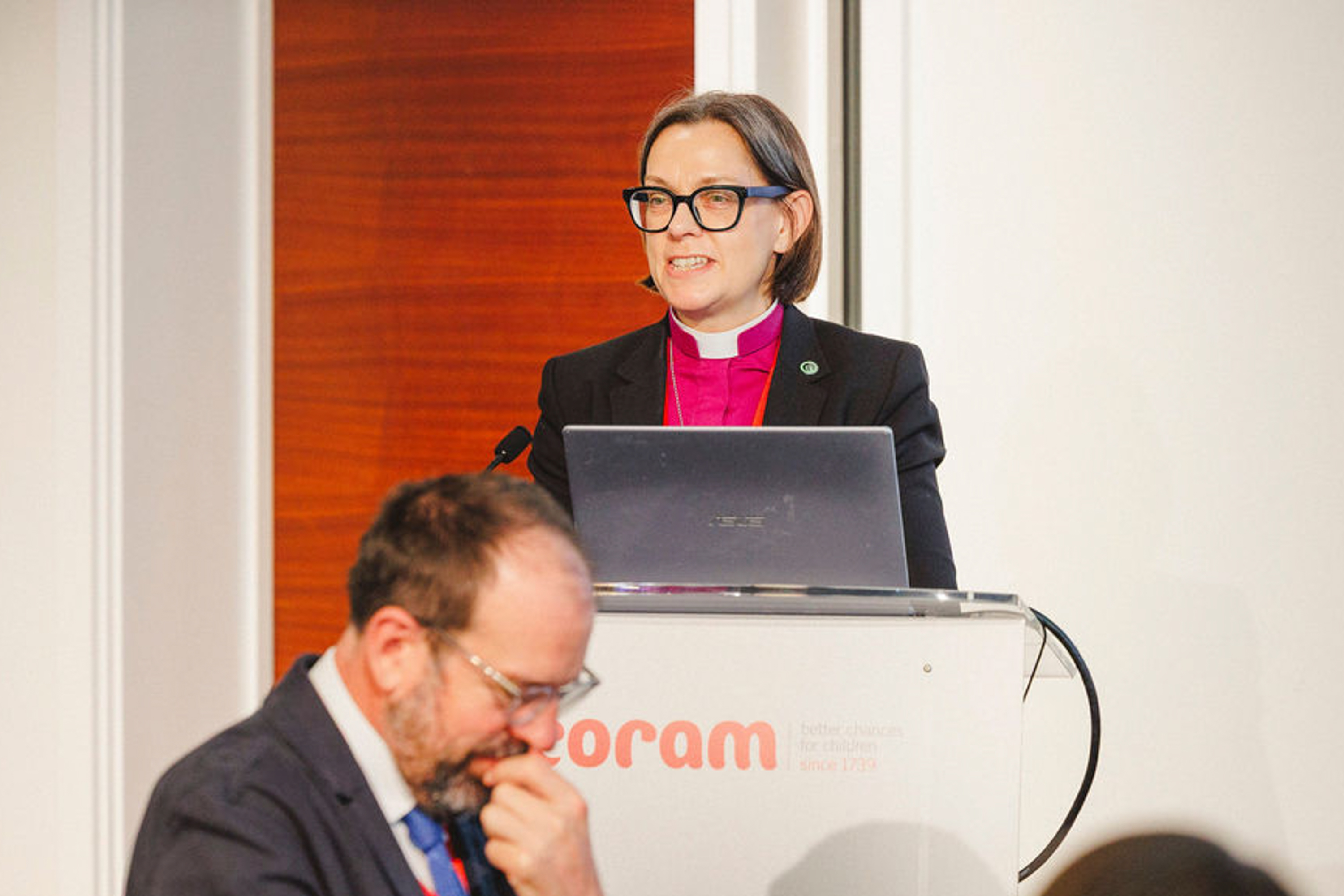
Bishop Helen-Ann was delighted to be invited to speak at the recent conference hosted by English Rural and Action with Communities in Rural England. The event featured a keynote address by HRH The Princess Royal and focused on one of the country’s most overlooked crises – the shortage of affordable housing in rural areas.
Read +Helen-Ann's speech below:
Your Royal Highness, distinguished guests it is good to be here today. Speakers were given a firm nudge in the direction of ‘please avoid death by PowerPoint’ and so I have one slide. Hopefully it will pique your curiousity without being too distracting and the translation of those words will be revealed shortly!
I am delighted and honoured to be the new President of the Rural Coalition and in taking up this role I pay tribute to the work of my predecessor +Alan, Bp of St Albans who has been a persistent advocate for all matters rural over many years. The issue before us today, affordable housing is one of a whole range of issues that impact on rural communities the roots of which go back in time. The challenge of where and how to live well and sustainably in rural contexts has arguably been impacted by a slow withdrawal of services and opportunities in rural communities over many years. That’s a rather obvious point to make, but it bears repeating.
I have been in my current role as Bishop of Newcastle for just over two years. The diocese of Newcastle covers an area of great diversity, including most of Northumberland with rurality in diverse settings from coastal to upland. These are communities steeped in a heritage of place-making, with land shaped by millennia of history and weather. Stand on the geological phenomenon that is the Whin Sill at Steel Rigg (not far from Sycamore Gap) with your face hard to the wind as you keep company with the cattle grazing you can almost hear the echo of Roman troops marching along Hadrian’s Wall. In such an apparently remote and at times bleak location (that by the way is the photograph on the slide) it’s easy to see how rural doesn’t engender visions of habitation and community but you don’t have to look far to see the potential for it or to realise that human beings are connected to land and places in profound and important ways. And you don’t have to work too hard to see the dangers of viewing rural through an urban frame. It doesn’t work.
I became a bishop in New Zealand, in the Waikato region of the North Island. Home to the film-set of Hobbiton in the Lord of the Rings film series, on what actually was farm land (there’s a story told of Sir Peter Jackson’s location scouts knocking on the farmer’s front door to enquire about using his land and the farmer famously told them in slightly colourful kiwi language to go away as he was watching the rugby. So they sat in their car and waited for the game to conclude, knocked on the door once more and the rest is history). Being bishop of Middle Earth is a unique claim to fame perhaps but for me this was the region that shaped and informed my understanding of rural life. I have been committed to rurality and its diverse issues ever since.
There is a Māori proverb related to building a home and this is what you can see on the screen - Ko te whare e hanga te tangata,
ko te tangata e hangaia e te whare.
"Those who build the house are also built by the house."
There are two key points from this which inform our reflections today:
- Reciprocal Relationship: The saying suggests that the act of building a home not only provides shelter but has a profound impact on the people who build it and live in it. The house becomes more than just a structure; it's a place of connection, belonging, and identity.
- Building a Foundation: the saying also serves as a reminder that building a strong home, both physically and emotionally, is crucial for the well-being of the family and community.
All of this is very much a collaborative endeavour: landowners, rural housing associations, rural housing enablers, churches, and others not least His Majesty’s Government which itself has set a bold vision for housing. It remains to be seen what the positive or negative aspects of devolved mayoral powers might be and too early to make a particular call on that. There is something important however about the granularity of collaboration and the agency that devolution gives to regions. The 2021 Church of England Report on housing, Coming Home, argued for a positive vision for housing, one which is values-based. A home should be sustainable, safe, stable, sociable and satisfying. The report recommends for example, the Church Commissioners could set an example to other landowners by favouring new developments on its land that align with such a values-based approach. The Church Commissioners could also consider, so the report says, whether they could draw down more from their assets and release strategic land, to unlock the potential for many more affordable homes. The publication of the report has led to a number of useful resources (including one that has a particularly useful section on jargon busting) and a number of church-led housing project developments but it must be said these are not weighted in favour of rural contexts. I think we, the Church, have a lot to learn from other partners in terms of investment in affordable rural housing. One of the things I hope for with my involvement in the Rural Coalition is to work with episcopal colleagues to promote rural as a vital part of the Church’s mission commitment to all communities in equal measure. But this must be done in such a way that pays attention to the granularity of context. It cannot be ‘one size fits all.’ In my own context the work that CPRE Northumberland has done and is doing provides a good example of how to help context lead the process place-making in housing, rather than the other way round.
To conclude, the Church of England’s Lead Bishop for Housing, the Bishop of Chelmsford, Bishop Guli has spoken about the need for imagination and sacrifice in how we think and plan. She writes, “A long-term housing strategy needs to hold fast to the vision of homes for all that are comfortable, safe and secure. It needs to win over all the stakeholders in the housing system to work together towards providing decent, affordable homes – both new and refurbished – set in neighbourhoods where residents can find a sense of belonging and purpose.” It is my hope that this can take root on the ground in affordable ways in rural settings for the flourishing again of our collective rural life, from which we have so much to learn and in which the roots of our past reach into the future.
Thank you!
Photo Credits: Matt Pereira Photography / English Rural
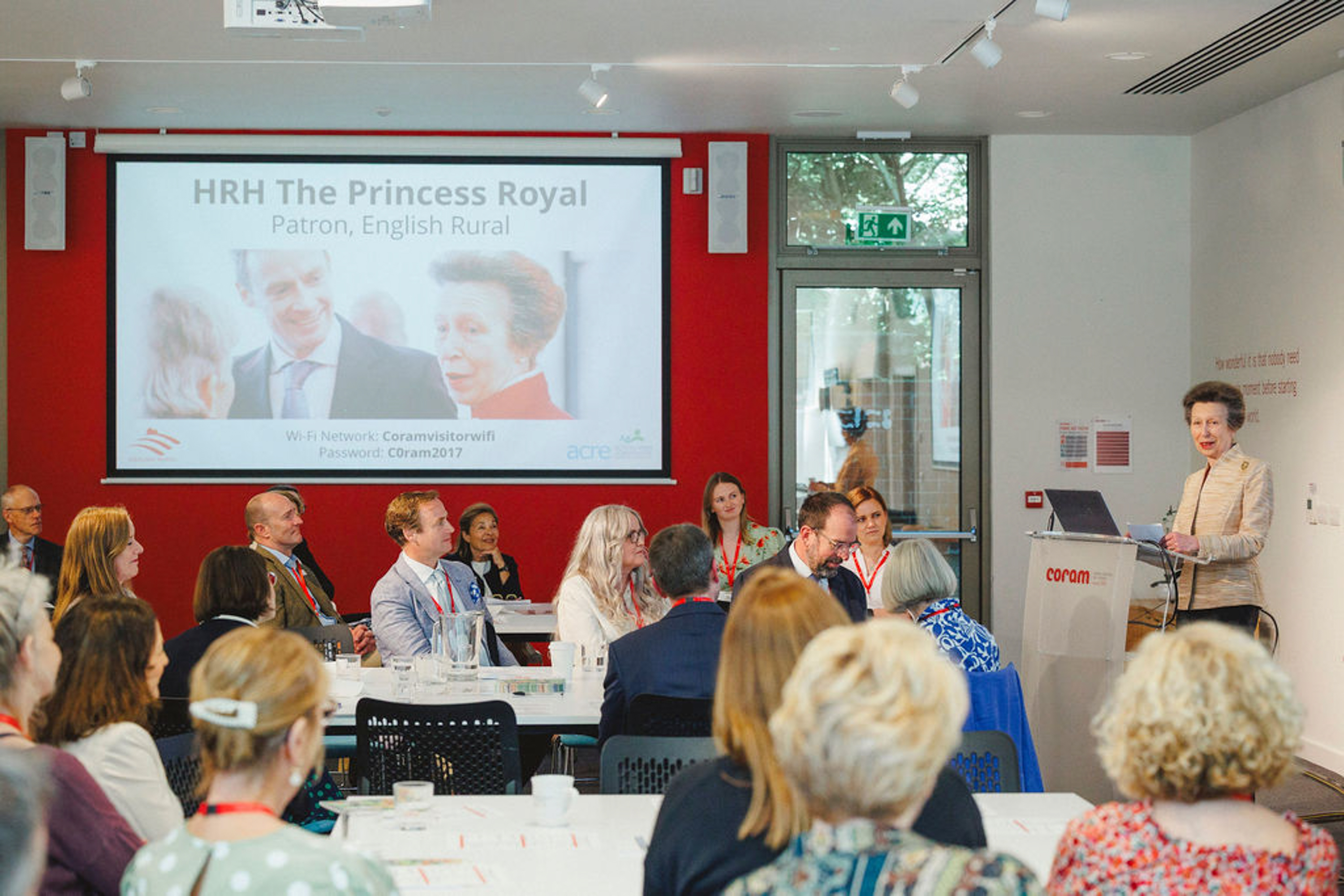 |
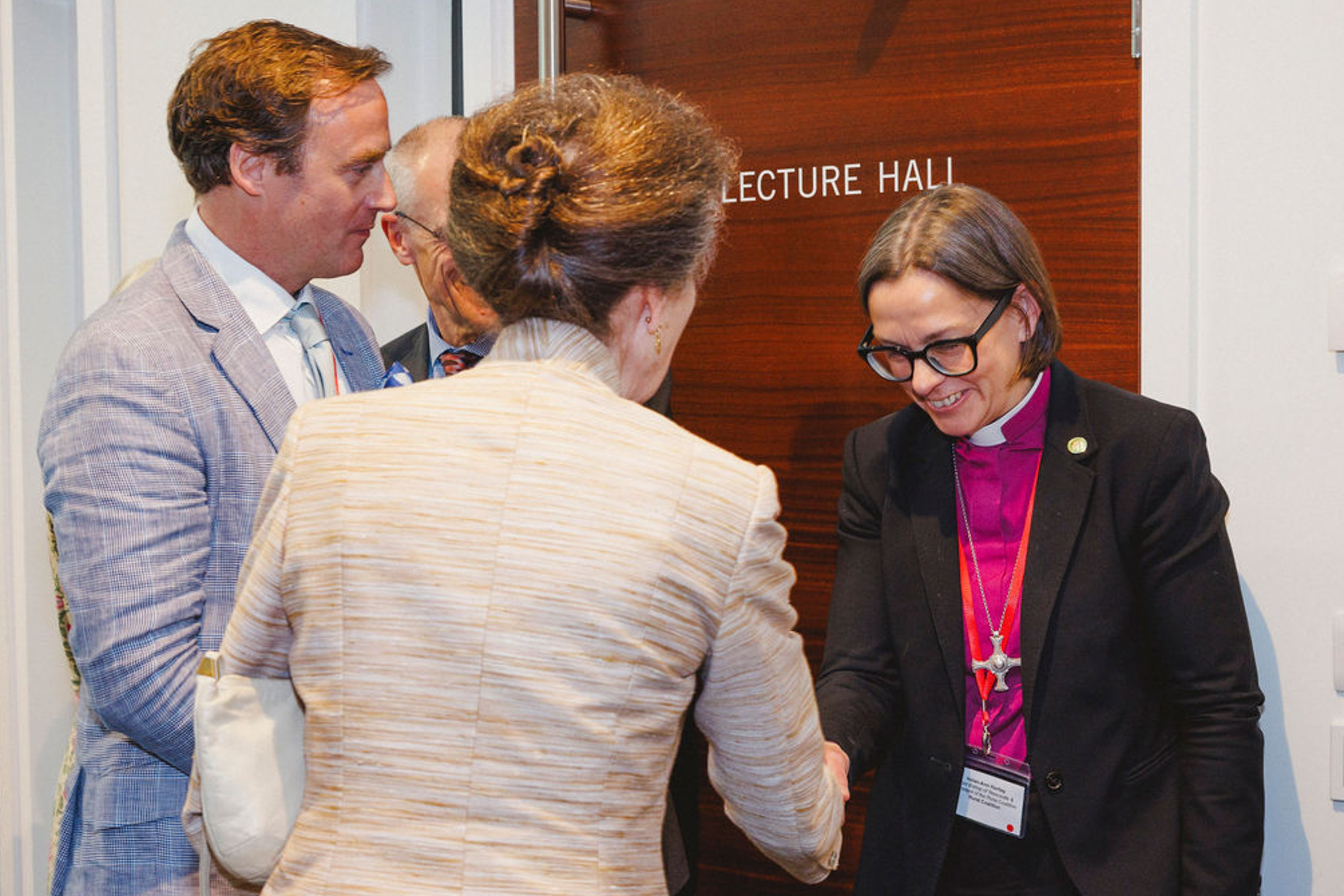 |
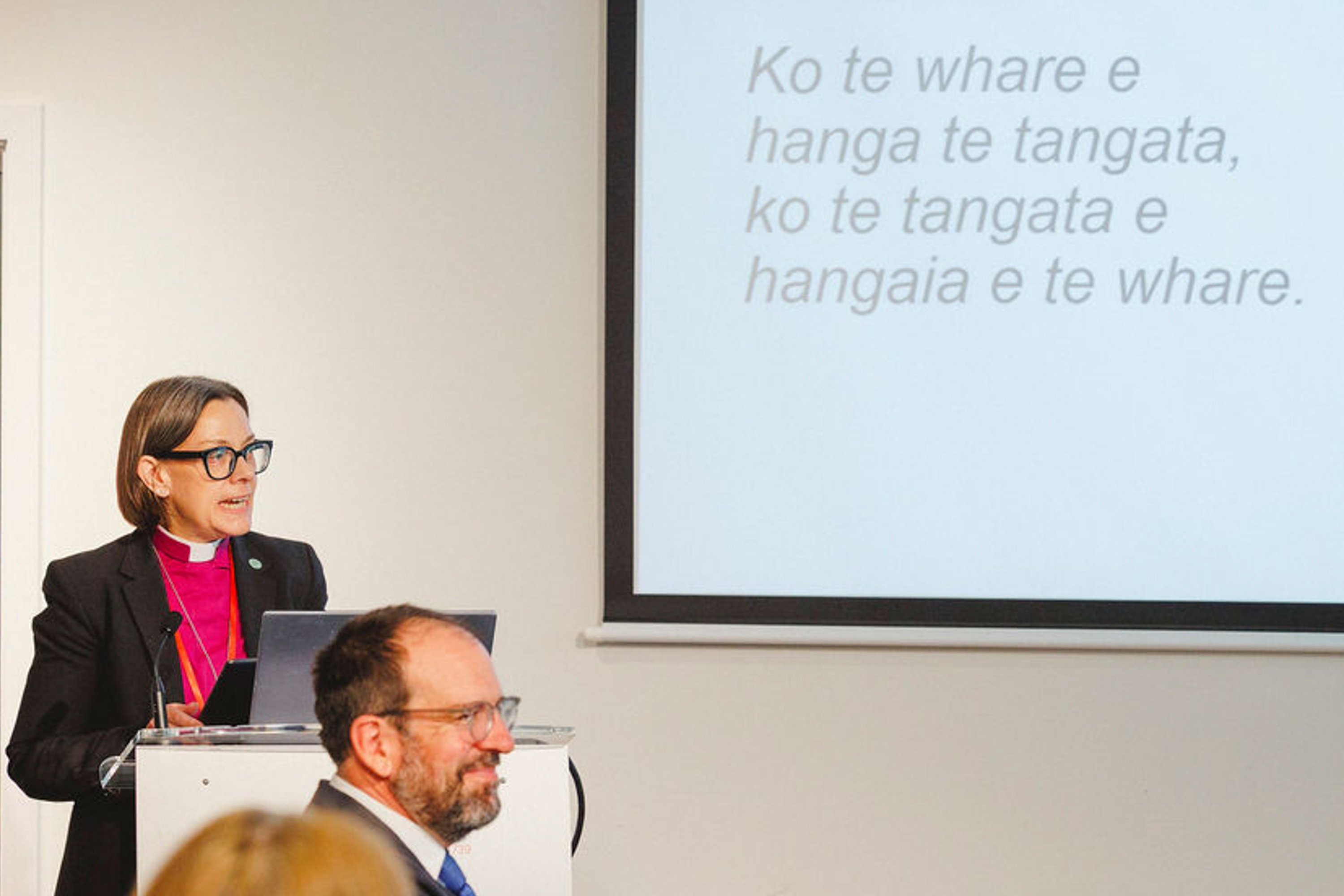 |
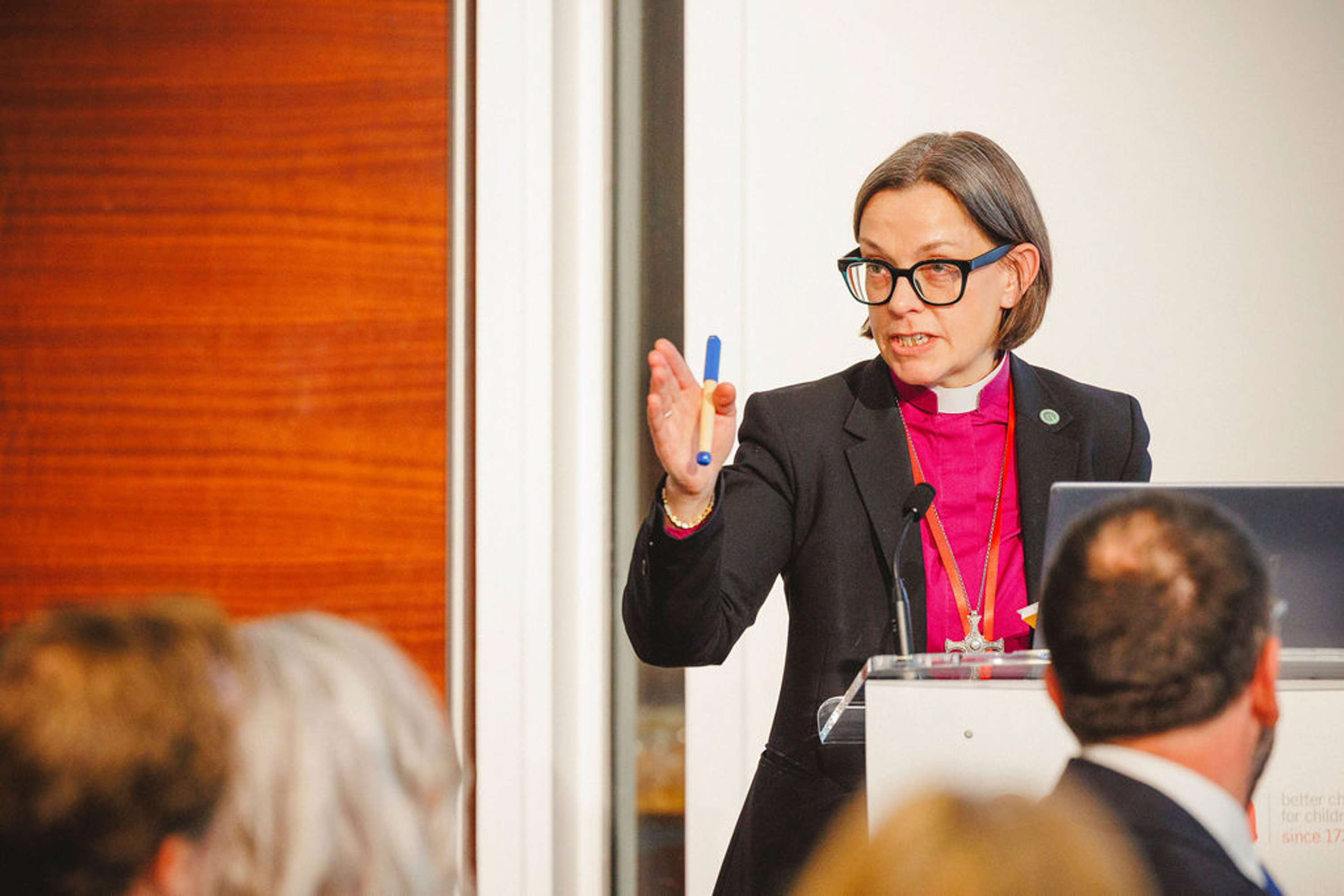 |
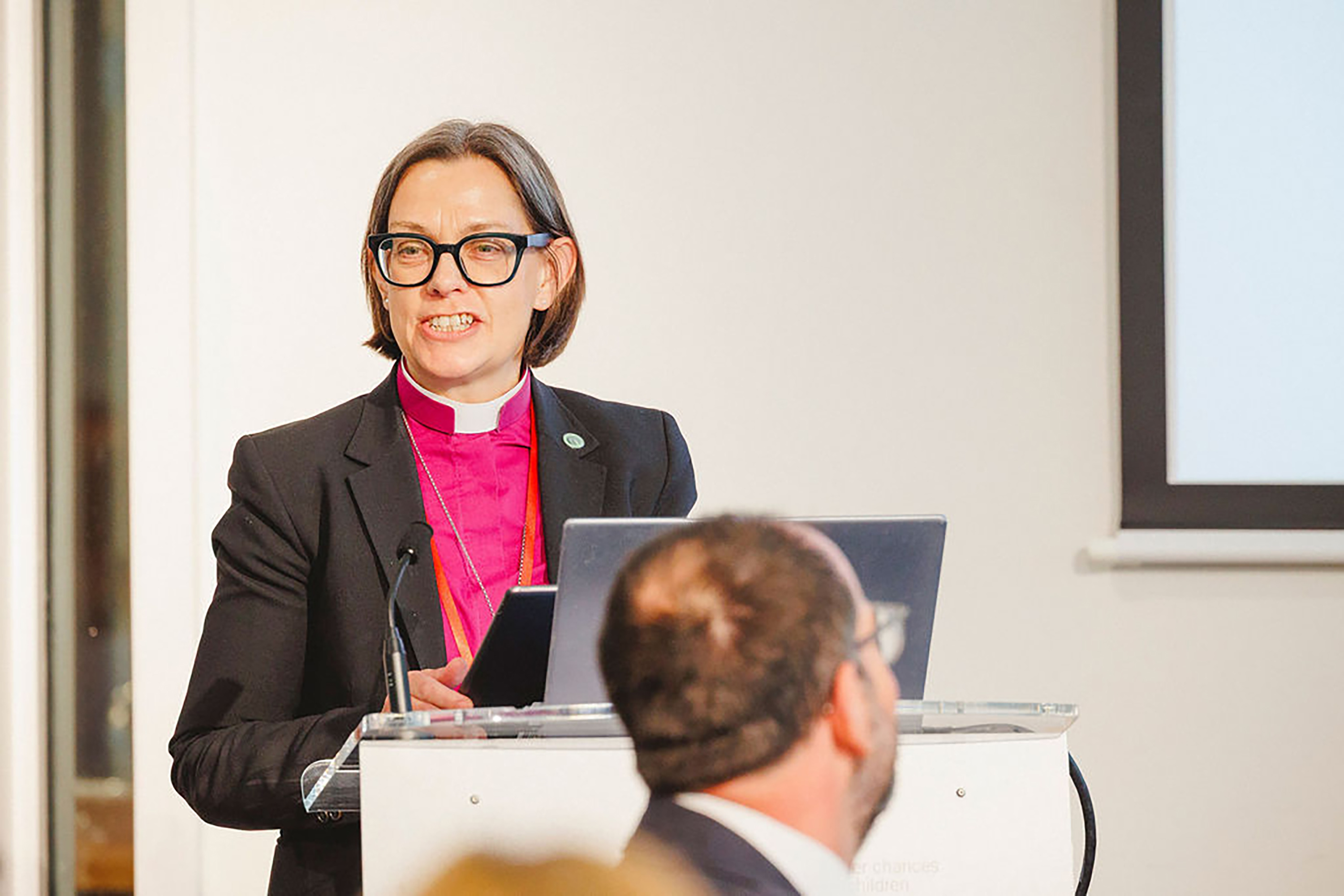 |
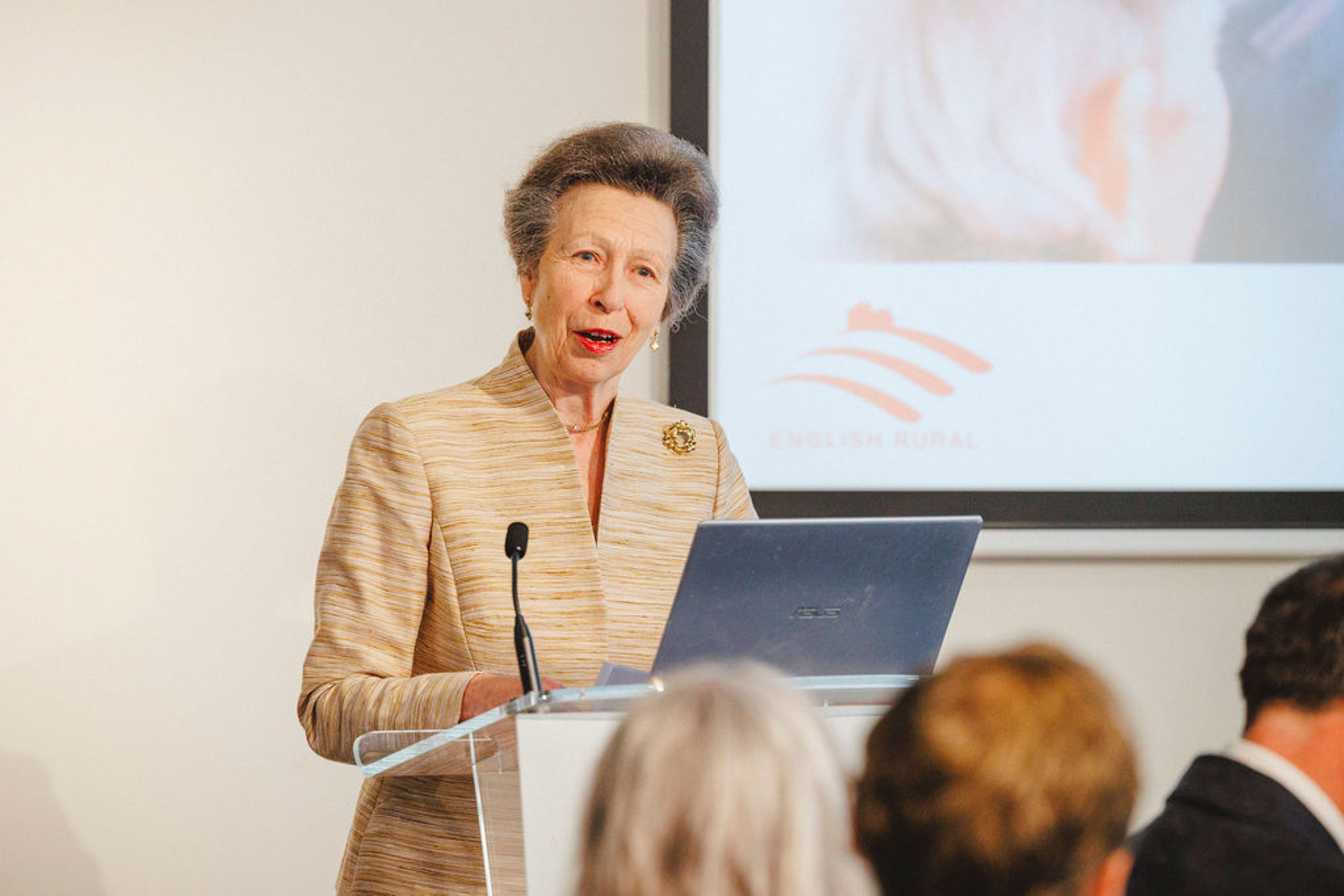 |